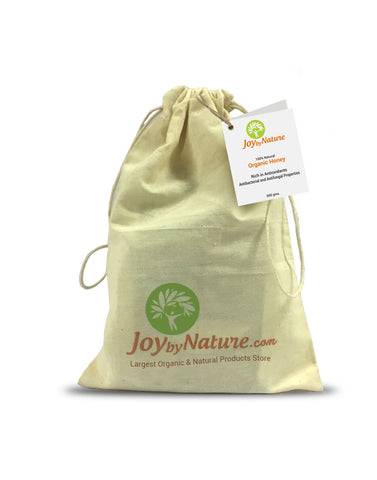10 Home Remedies For Whooping Cough
 0
0
 2016-01-31
2016-01-31

Image Source – The Herald
Whooping Cough is a bacterial infection, and is difficult to diagnose or slow the spread of due to its long incubation period. It typically takes 2-3 weeks before the bacteria fully manifests, by which point it can have infected many other people. The condition’s symptoms begin the same as most common colds, but the consistent cough soon develops into severe coughing fits, chest and throat inflammation, as well as a wheezing sound upon inhalation after a fit, hence the name. The coughing can be so constant and violent; and the bacteria are notoriously hard to eliminate. Fortunately, there are a number of home remedies that can help the body to fight and recover along with formal antibiotics and medical care. Some of the important home remedies for whooping cough are elaborated below.
- Ginger
Ginger being an expectorant helps to eliminate excess mucus and phlegm. It helps to alleviate the chest congestion and improves airflow to the lungs and respiratory tracts. Furthermore, ginger possesses strong antibacterial qualities, which can help to eliminate or neutralize the bacteria that are causing whooping cough in the first place.
- Honey
Honey helps to coat the throat and reduce inflammation, it can actively seek out the bacterial infection and work to eliminate the illness very rapidly. Adding honey to a glass of chamomile tea is the perfect home remedy for a speedy recovery.
- Lemon
Lemons is a powerful antibacterial and antiviral substance. Furthermore, it can help to cut through phlegm and mucus, which can improve breathing and eliminate that ‘whooping’ sound. Finally, the vitamin C in lemons can help boost the immune system to handle the actual infection, while the other chemical components take care of the symptoms.
- Oregano
Oregano is an anti-inflammatory and antispasmodic solution and helps to reduce the likelihood of spasms (painful dry coughing) and cuts down on irritation in the respiratory tracts. Oregano essential oil works very well, although adding fresh oregano to the diet can also achieve similar results.
- Zinc
Zinc supplements, or foods rich in zinc (oysters, beef, wheat germ) can give a huge boost to the immune system and helps to clear out bacterial infection in no time.
- Salt Water Gargling
High salt content of salt water gargling can cut right through that phlegm and return your breathing to normal, while also helping to soothe your aching throat from all that dry coughing. This is one of the easiest home remedies for whooping cough, and can be performed at least once a day to reduce symptom severity.
- Garlic
Garlic a natural antibiotic, so it can work to neutralize the bacterial infection in the lungs and respiratory tracts, while also promoting repair to the damaged, inflamed throat.
- Hydration
One of the most painful parts about whooping cough is the constant coughing that dehydrates your throat and hurts your chest and lungs. Dry, raspy cough can be battled by drinking excess water and fruit juices, which help to keep the respiratory tracts lubricated; natural fruit juices also contain antioxidants and vitamins that will help boost the immune system against the infection.
- Almonds
Almonds have a high content of phytochemicals and a unique combination of certain minerals and vitamins that are essential for the immune system to fight off the whooping cough infection.
- Aromatherapy
For whooping cough, particularly in older children and adults suffering from this condition, aromatherapy with eucalyptus or peppermint essential oils can quickly cut through the phlegm and mucus, clear the sinuses, and soothe inflammation throughout the respiratory system.
While these home remedies have been proven to be highly effective, it is still better to consult a doctor if you believe you have contracted whooping cough. Furthermore, it is very important for young children to see a doctor if they as suffering from persistent coughing fits, as whooping cough can be fatal for infants and toddlers with underdeveloped immune systems, or if they have not yet received vaccinations.

 Joybynature.com Team
Joybynature.com Team




